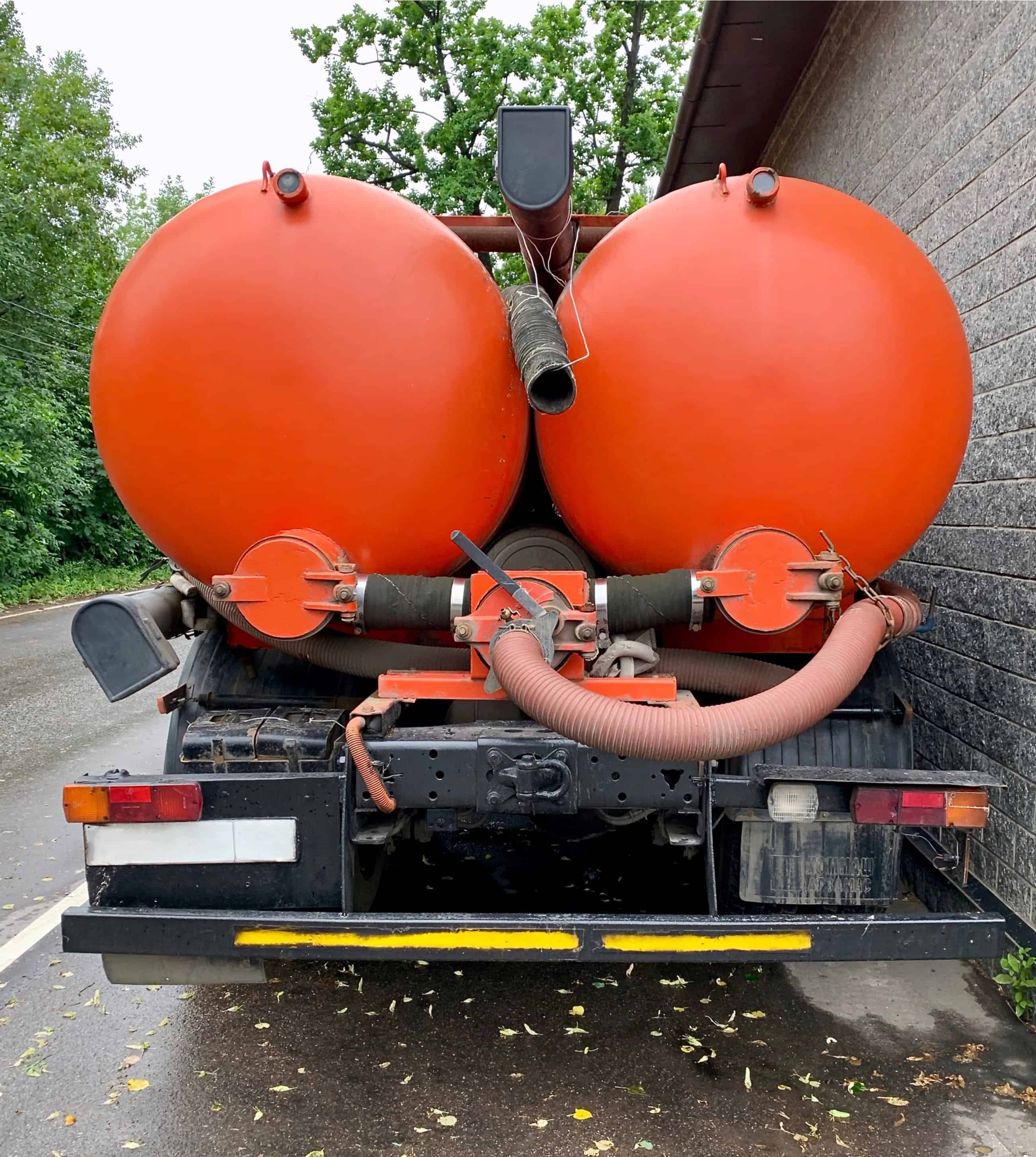Professional septic tank cleaning that prevents backups, protects your property, and keeps your East Northport home running smoothly.
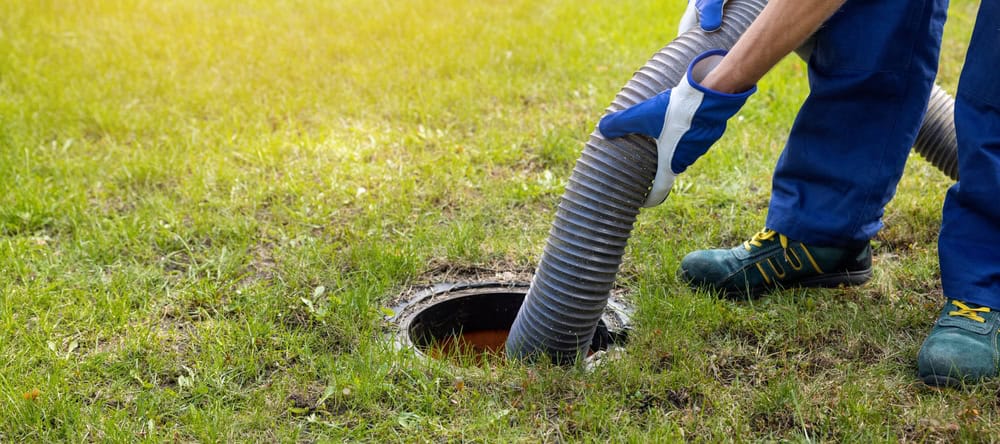
Hear from Our Customers
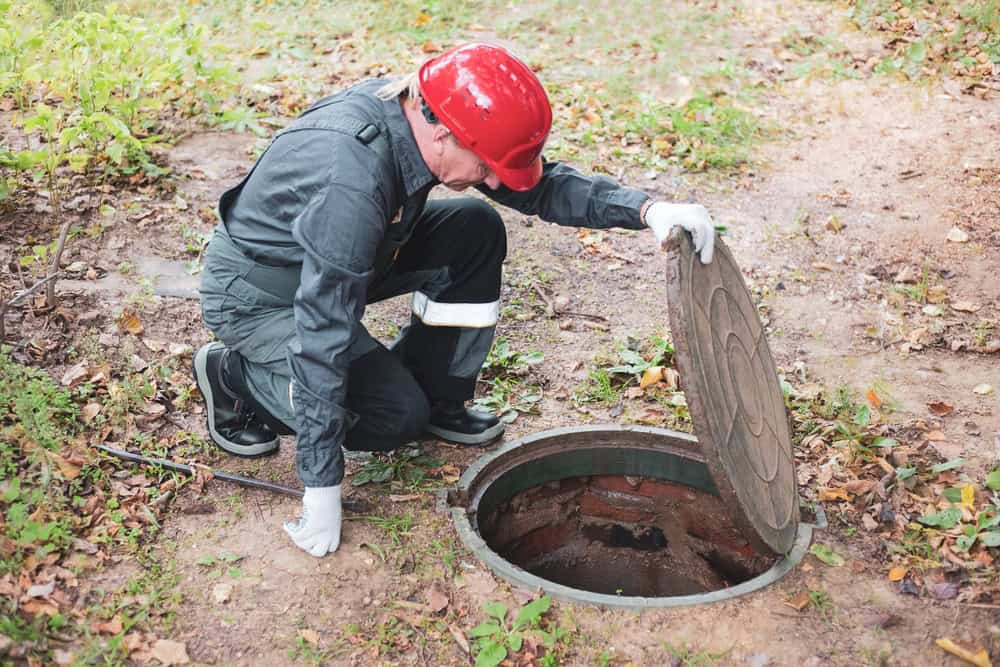
When your septic system works properly, you don’t think about it. No sewage odors in your yard, no slow drains backing up during dinner parties, no panic when you hear that gurgling sound from the bathroom. That’s what regular septic tank cleaning gets you.
Most East Northport homes need pumping every 3-5 years, but your timeline depends on household size and water usage. We measure sludge levels during service to establish your actual schedule instead of guessing. This prevents the expensive problems that happen when systems get neglected.
The sandy soil and high water table here on Long Island affect how your septic system functions. We understand these local conditions and use modern equipment that removes more waste efficiently, extending your system’s life and protecting your investment.
Quality Cesspool has been serving East Northport and Suffolk County for years. We’re not the company that shows up late or leaves you guessing about what happened during service. Every technician is licensed and insured, and we live and work in your community.
East Northport’s location means dealing with specific challenges that other areas don’t face. The sandy soil conditions and proximity to water sources require expertise that comes from experience. We understand how these factors affect your septic system differently than systems in other parts of the country.
You’ll get straight answers about your system’s condition and realistic timelines for future maintenance. No pressure tactics, no surprise charges, just professional septic care from people who understand what Long Island homeowners deal with.
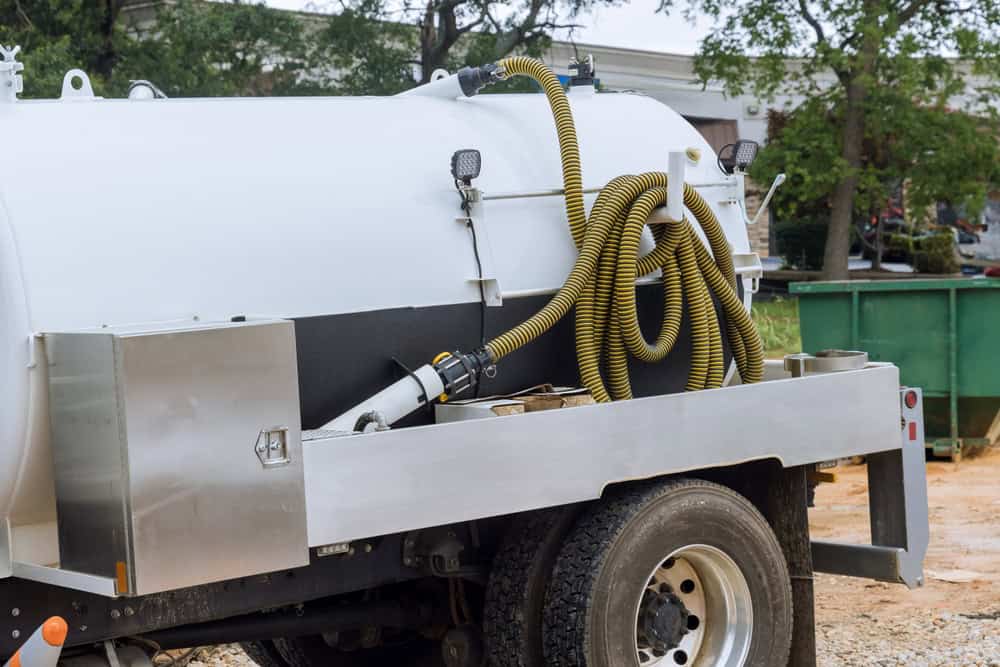
First, we locate and access your septic tank, positioning our equipment to minimize any impact on your landscaping. Our truck-mounted pumping system removes all liquid, sludge, and floating scum from the tank – not just the liquid like some companies do.
Next, we flush and backflush contents between our truck and your tank several times. This process breaks up accumulated solids that stick to tank walls, ensuring complete removal. Proper cleaning requires this thorough approach, not just sucking out what’s easy to reach.
Finally, we inspect your system’s condition and measure current sludge levels. This tells us how quickly your tank accumulates waste, which determines your optimal pumping schedule. We’ll explain what we found and give you a realistic timeline for future service based on your actual usage patterns, not generic recommendations.
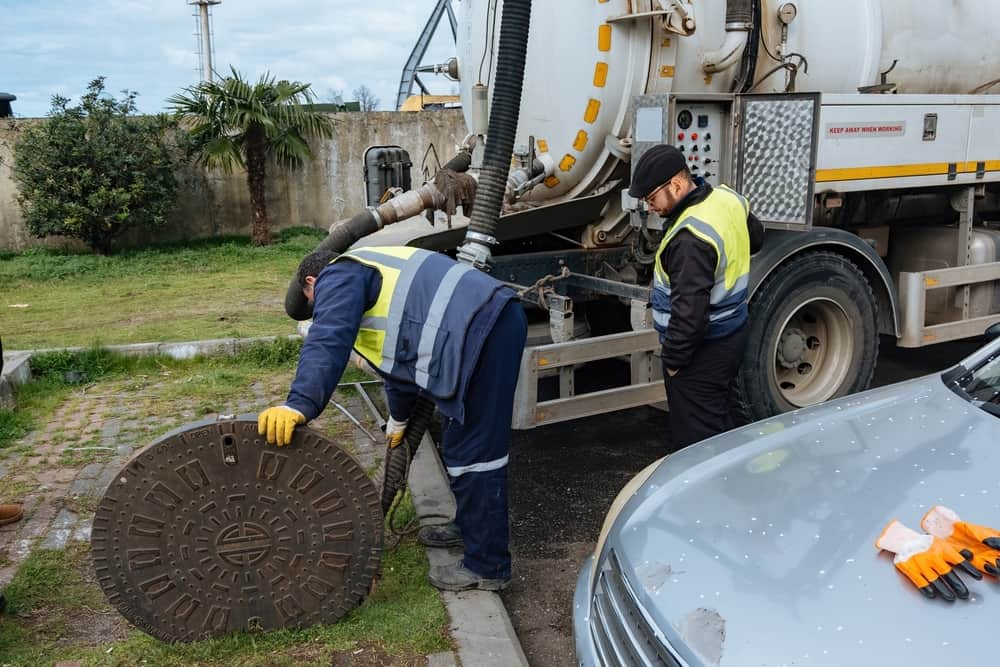
Ready to get started?
Our septic tank cleaning service includes complete system evaluation, not just waste removal. We check inlet and outlet baffles, inspect for cracks or damage, and test the overall system function. This comprehensive approach catches small problems before they become expensive repairs.
East Northport homeowners also benefit from our understanding of Suffolk County’s evolving regulations. Since 2019, the county has banned new cesspool installations due to nitrogen pollution concerns. This makes proper maintenance of existing systems even more critical for protecting Long Island’s water resources.
We also handle septic inspections required for real estate transactions, emergency pumping when systems back up, and minor repairs that keep your system functioning properly. Our goal is preventing the major problems that lead to system replacement, which can cost thousands of dollars and isn’t typically covered by homeowner’s insurance.
